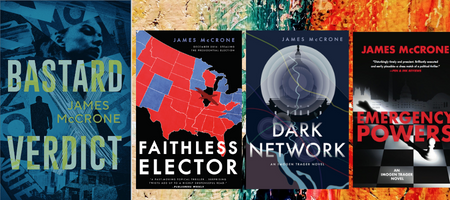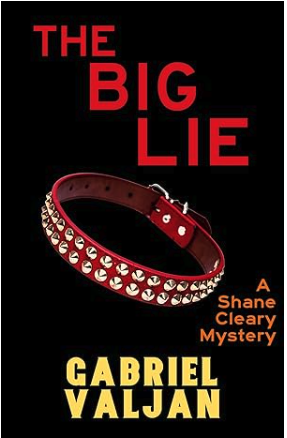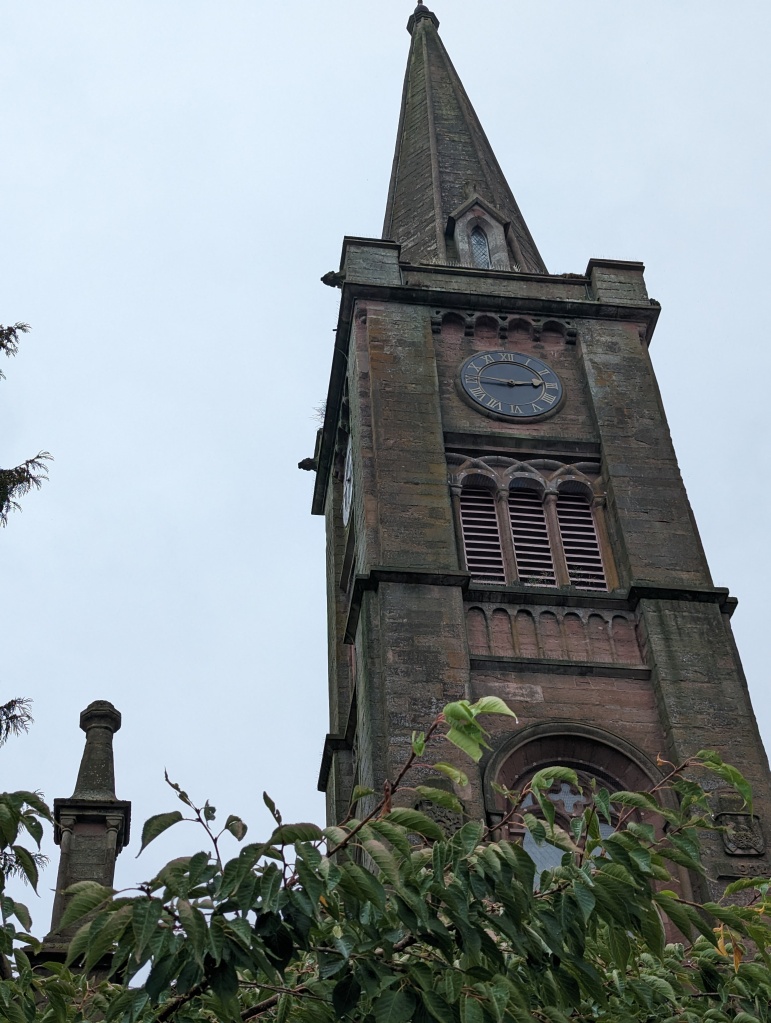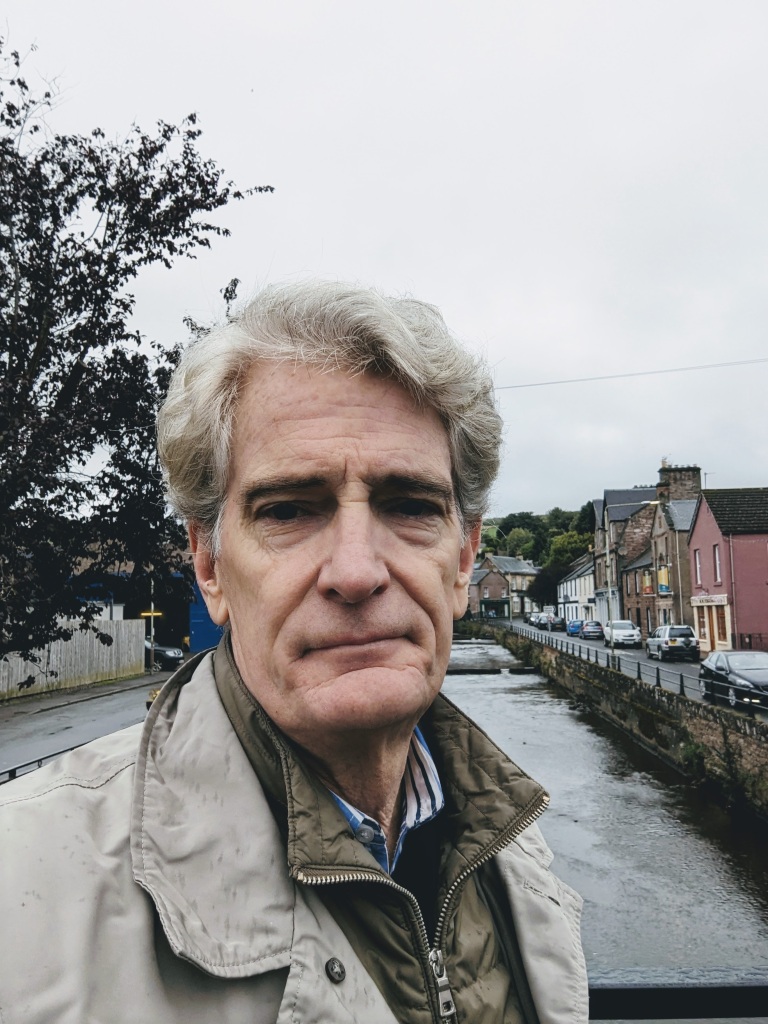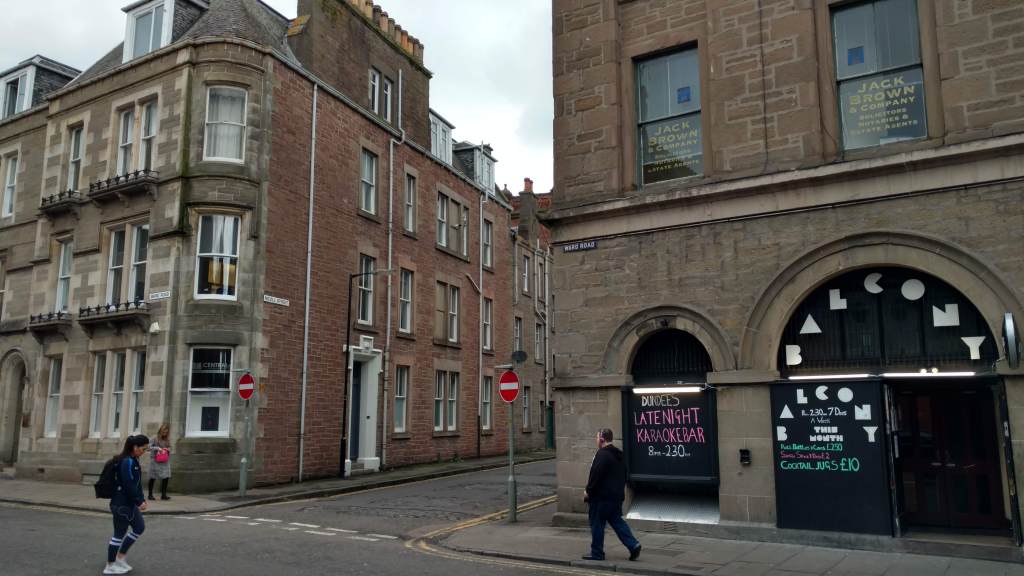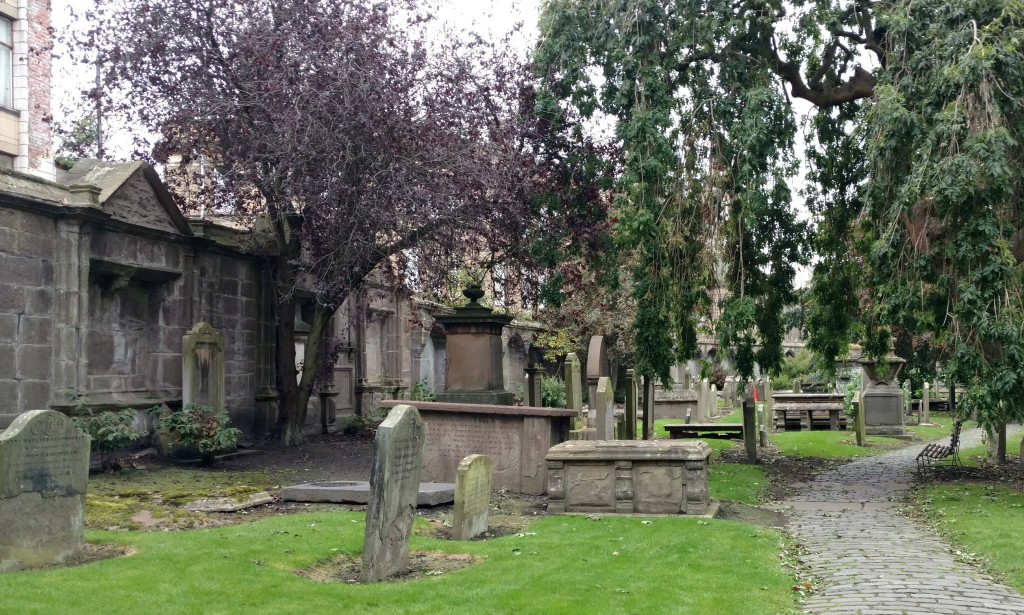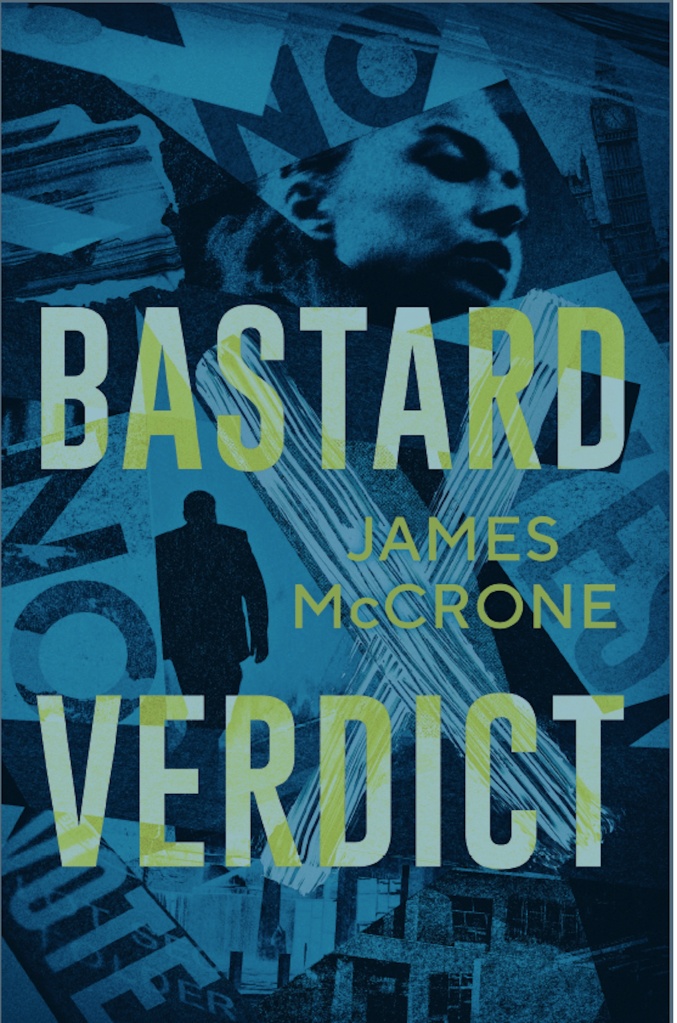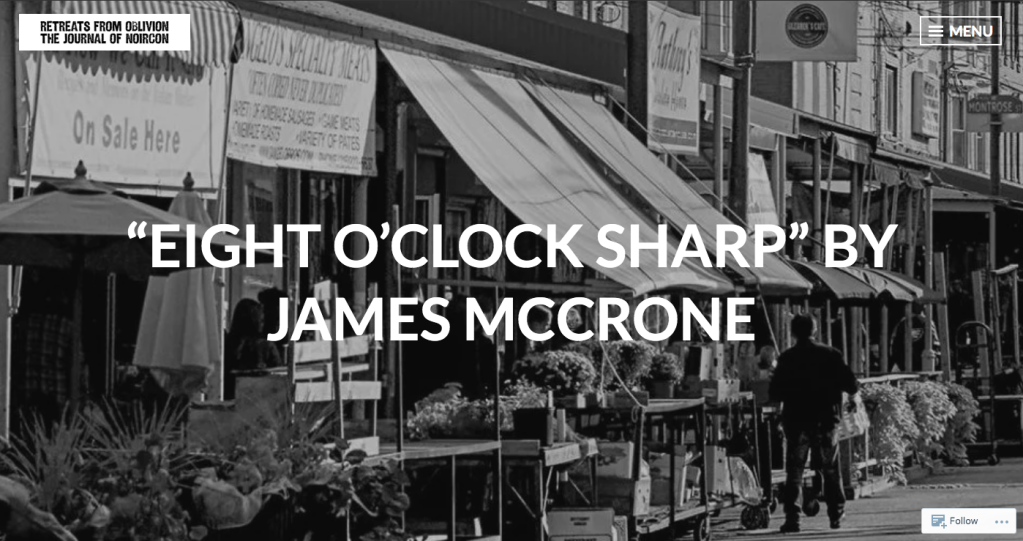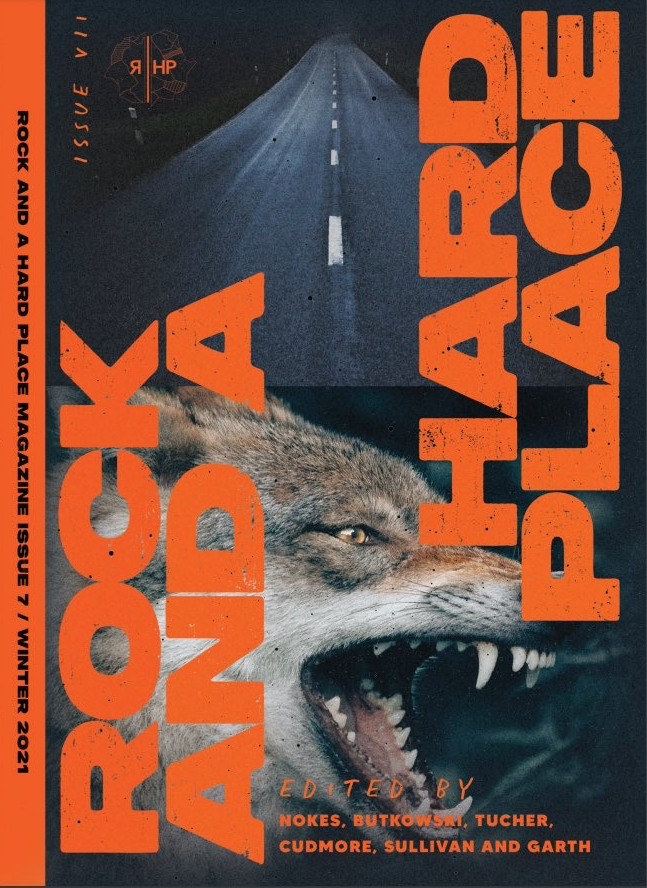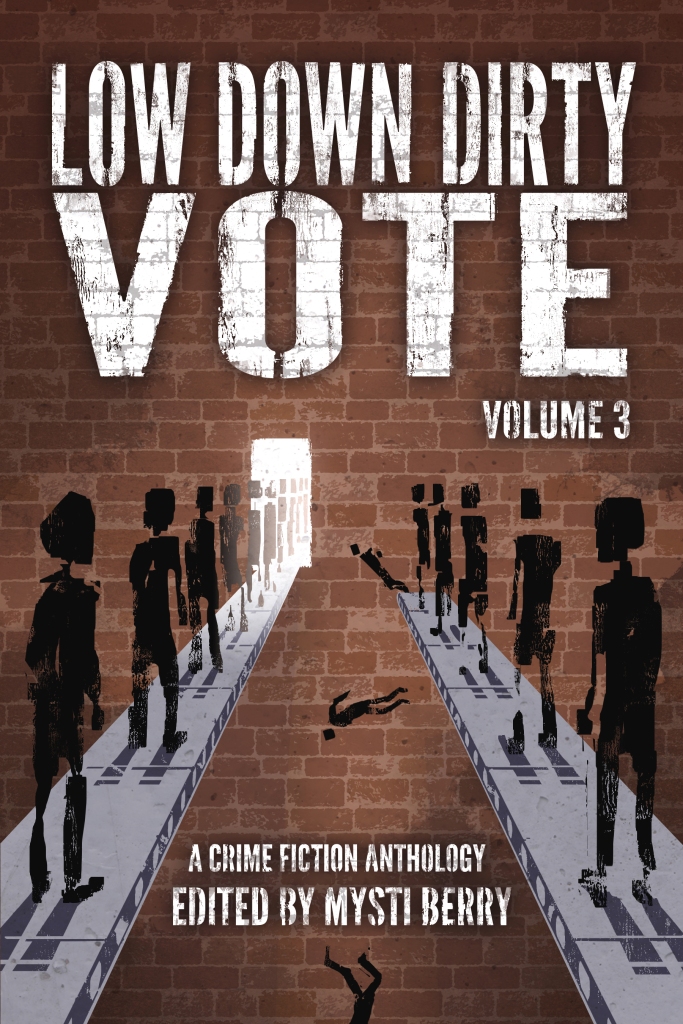Killer Nashiville Literary magazine recently published my short story, “What’s Hidden,” a mystery about a (possibly) stolen map that a son uncovers while helping his aging mother get her house and affairs in order. The story is organized around a Voltaire quote, and the idea that “To the living we owe respect, but to the dead we owe only the truth.”

It’s my most personal published work, and I’ve been very pleased by the responses it’s getting, not least because it’s something of a departure from much of what I’ve published so far. It has a first-person narrator (all of my novels are in third-person), and while it revolves around a crime, other forces compel the narrator.
You can check out the short story here: https://www.killernashville.com/short-stories/whats-hidden
It took almost two years for ‘What’s Hidden’ to find a home, and its publication came at just the right time for me, during a depressing crisis in faith.

My novel-in-progress, Witness Tree, has been painfully, maddeningly, embarrassingly slow in coming together. I wander the South Philly streets, mumbling about plot and character, crumpled papers full of cryptic (or indecipherable) scribbled notes sticking out of pockets like old, ragged Kleenex.
Finally, early in the week that I learned the short story was coming out, I had begun hacking away at parts of the book, a kind of “novel Tetris,” as my wife calls it, wherein I cut and moved scenes–sometimes whole chapters!–fitting them into different, more apt places in the story. Upon reflection, I might have called it “novel Jenga,” because every part that I moved either backwards or forwards in the story threatened some other part, or to destroy the whole thing.

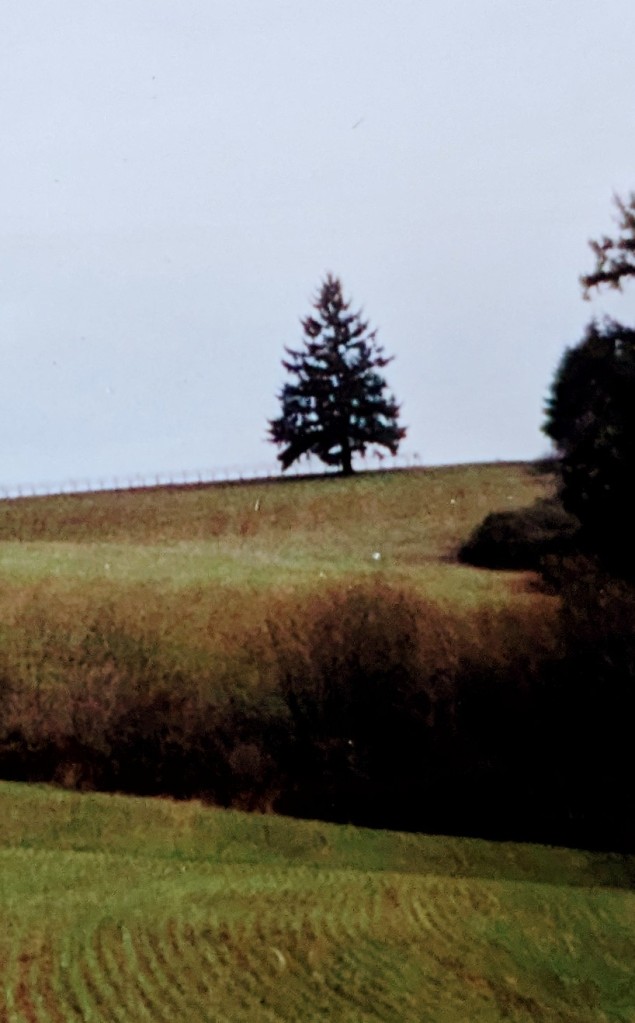
I was genuinely worried over whether the novel would ever see the light of the day…or print. I also worried that it might not be crime-y enough, even as it starts with an execution-style murder. (That’s not a spoiler, it happens on page 2.) But as well as being about exposing the conspiracy that is the heart of the story, Witness Tree is again very personal–it deals with addiction, sobriety, failure of imagination, and issues of trust. And politics…because, yeah. I can’t help myself.
As I pulled apart and reconstituted the book, I found that certain ideas or passages just didn’t work. In the end, along with all the moving around, I cut 5,000 words and two characters. Now I have to construct a new bridge between some later chapters, but I feel like I’m on the right track, and having a short story “out there,” has helped my mood and confidence immeasurably.
I’m still worried, of course, but less so.
And in my world, “less worried” feels like a win.
# # #
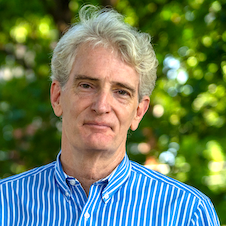
James McCrone is the author of the Imogen Trager political suspense-thrillers Faithless Elector, Dark Network , and Emergency Powers–noir tales about a stolen presidency, a conspiracy, and a nation on edge. Bastard Verdict, his fourth novel, is about a conspiracy surrounding a second Scottish Independence referendum. All books are available on BookShop.org, IndyBound.org, Barnes & Noble, your local bookshop, and Amazon. eBooks are available in multiple formats including Apple, Kobo, Nook and Kindle.
He’s a member of Mystery Writers of America, Int’l Assoc. of Crime Writers, and he’s the current president of the Delaware Valley chapter of Sisters in Crime. He lives in Philadelphia. James has an MFA from the University of Washington in Seattle. His current, work-in-progress is a mystery-thriller set in Oregon’s wine country…A (pinot) Noir, called Witness Tree.
For a full list of appearances and readings, make sure to check out his Events/About page. And follow this blog!
You can also keep up with James and his work on social media:
Mastodon: @JMcCrone
Bluesky: @jmccrone.bsky.social
Facebook: James McCrone author (@FaithlessElector)
and Instagram/Threads “@james.mccrone”
